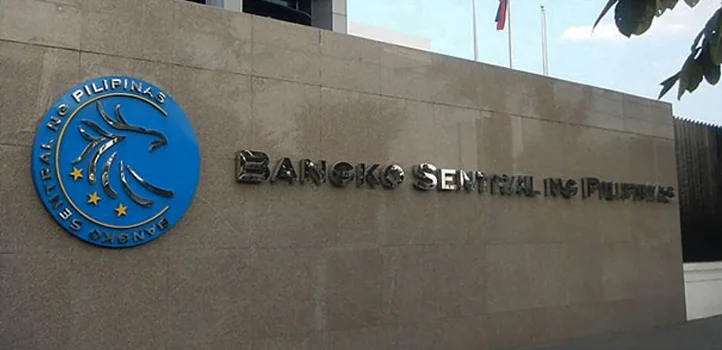Despite acknowledging that cryptocurrencies have the potential to enhance domestic and international payments, the Philippines central bank continues to oppose the use of cryptocurrencies as legal money.

The Philippines central bank is looking for ways to better safeguard investors amid the country’s growing cryptocurrency usage by raising local crypto understanding.
According to a BSP spokesman, the Bangko Sentral ng Pilipinas (BSP), the country’s central bank, wants to encourage crypto education since it sees many advantages to cryptocurrencies and blockchain technology.
“The BSP will continue to enhance and expand our financial consumer awareness campaigns specifically designed to educate relevant stakeholders on virtual assets, both as to advantages and the risks involved.”
The COVID-19 epidemic, according to the BSP, has caused a rise in crypto usage in the Philippines over the last several years. As a result, in July 2021, trade volumes for Bitcoin (BTC) on various peer-to-peer cryptocurrency exchanges in the Philippines were reaching new highs.
The BSP spokeswoman stated, “During the epidemic, we have noticed consumers’ eagerness to explore the virtual world, especially online platforms that claim to give income-generating possibilities or play-to-earn apps.”
The Philippine central bank has no immediate plans to impose any substantial restrictions on cryptocurrency trade or investment in response to the adoption’s growth. According to the central bank’s spokesman, the Philippines central bank is seeking to execute a regulatory strategy that aims to create an “enabling environment” via “risk-based and appropriate rules,” adding:
The BSP will keep improving and expanding its financial consumer awareness initiatives that are particularly created to inform key stakeholders about the benefits and hazards of virtual assets.
The Philippines central bank has a very unfavorable opinion on utilizing cryptocurrency as a payment method while aiming to create an “enabling environment” for it. The bank said that “virtual assets, notable cryptocurrencies, are not organically meant to function as legal money.” Instead, their values are determined by the consensus of the user community.
The BSP claims that because of risks including significant volatility, a high potential for illegal use or theft owing to enhanced anonymity, and “poor cyber and digital identity security standards,” cryptocurrencies cannot be used as a form of payment. The bank listed the irreversibility of crypto transactions as one of the hazards, which implies that no central body would ever be able to reverse a Bitcoin transaction or recover lost cash.
The BSP further emphasized that rather than treating cryptocurrencies as money, the agency views them as virtual assets. Virtual assets expose consumers to price volatility and loss risk since speculation drives the price of the majority of virtual assets, according to the BSP. To address this, the central bank released Circular No. 1108, which includes instructions for virtual asset service providers, in January 2021.
The BSP continues to believe that using blockchain technology would significantly improve the efficiency and security of financial services in the Philippines. The issuing of a central bank digital currency is now being investigated by the central bank (CBDC).
With the use of a wholesale CBDC platform, the Philippines central bank intends to launch Initiative CBDCPh, a trial project that will allow inter-institutional financial transfers. The bank claims that a retail CBDC is not very important for the nation in the near future.
